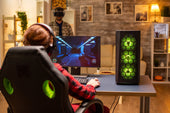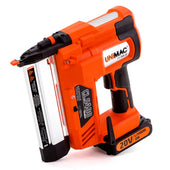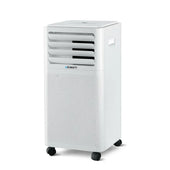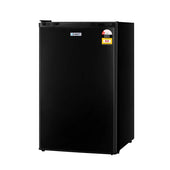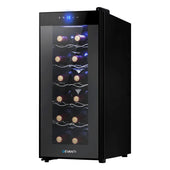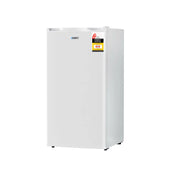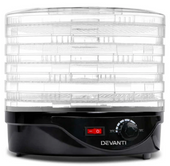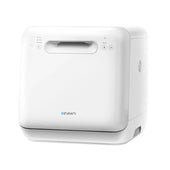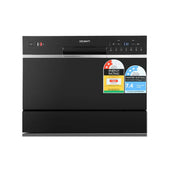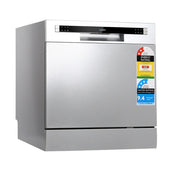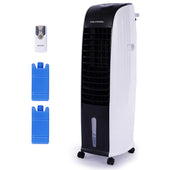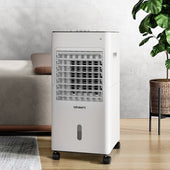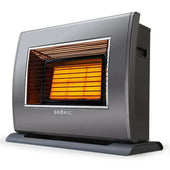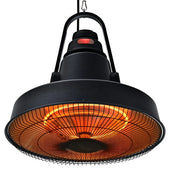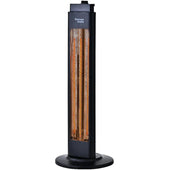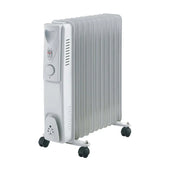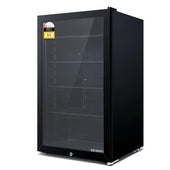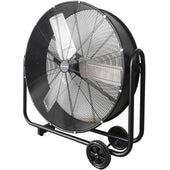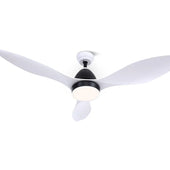Introduction: Understanding the Core Differences Between Gaming and Business Laptops
Gaming laptops and business laptops cater to distinct user needs, influencing their hardware, design, and performance priorities. Gaming laptops focus on delivering high graphics capability, processing power, and refresh rates to handle resource-intensive games. This often requires powerful GPUs, enhanced cooling systems, and customisable RGB lighting aesthetics. On the other hand, business laptops emphasise reliability, security features, and portability for professional tasks. Their design typically promotes longer battery life, robust build quality, and tools like fingerprint readers or encryption software. While gaming laptops prioritise performance, business laptops favour efficient multitasking and professional appearance. Choosing the right type depends heavily on user expectations and work requirements.
Performance Benchmarks: Which Laptop Delivers More Power for the Price?
When assessing laptops based on performance benchmarks, gaming models typically feature high-end processors, dedicated graphics cards, and faster refresh rates that cater to resource-intensive applications such as gaming and video editing. Business laptops, by contrast, prioritise efficiency and reliability, often offering robust CPUs and During Days integrated GPUs for multitasking and productivity tasks.
Gaming laptops outperform in graphical rendering and intensive computing tasks, but users must consider heat management and battery life trade-offs. Meanwhile, business laptops excel in portability, build quality, and long-term durability. Comparing price-to-performance ratios can help determine whether raw power or balanced functionality provides better value.
Design and Build Quality: Sleek Professionalism vs Bold Aesthetics
Business laptops typically focus on minimalistic, professional designs with clean lines, muted colours, and lightweight, durable materials. They often feature slim profiles, prioritising portability and subtle sophistication to fit seamlessly into corporate environments. Magnesium alloy and carbon fibre are common constructions to enhance durability while maintaining elegance.
Gaming laptops, on the other hand, embrace bold aesthetics, offering vibrant RGB lighting, aggressive angles, and distinctive colour accents. These devices are built for visual impact and individuality, appealing to gamers’ preferences for dynamic designs. Additionally, their sturdier builds accommodate larger cooling systems and heavy-duty components, often making them bulkier than their business counterparts. The contrast in designs caters to distinctly different audiences.
Portability and Battery Life: Priorities for On-the-Go Users
On-the-go users often prioritise portability and battery performance when choosing between gaming and business laptops. Business laptops are typically designed for lightweight mobility, with slim profiles and materials like aluminium or carbon fibre. This makes them ideal for frequent travellers and professionals moving between meetings.
Gaming laptops, while portable, are inherently bulkier due to specialised cooling systems and dedicated GPUs. When it comes to battery life, business laptops excel by optimising power consumption for tasks like document editing and internet browsing. Gaming laptops are less battery-efficient, as demanding graphics and performance-based applications drain power quickly, limiting extended usage without access to charging ports.
Display and Graphics: High-End Visuals for Gaming vs Practicality in Business Use
Gaming laptops prioritise top-tier displays and graphics, catering to the high demands of modern gaming. These machines often feature screens with high refresh rates, commonly 120Hz or more, for smooth gameplay. They also include dedicated GPUs, such as NVIDIA GeForce RTX or AMD Radeon series, supporting ray tracing and vivid visuals. Resolutions of 1440p or 4K are frequently offered for immersive experiences.
Conversely, business laptops focus on practicality. They often deliver Full HD resolutions, optimised for clear text and presentations. Integrated graphics like Intel Iris Xe provide sufficient power for tasks like video conferencing and data visualisation, ensuring productivity remains seamless.
Software Compatibility: Meeting the Needs of Gamers and Professionals
Gaming and business laptops cater to vastly different software demands. Gaming laptops are designed to run resource-intensive software such as high-end games, virtual reality applications, and graphical simulations. These systems frequently feature support for DirectX, NVIDIA’s RTX technologies, and advanced multimedia frameworks that enhance gaming performance.
Conversely, business laptops focus on compatibility with productivity suites like Microsoft Office, project management tools, and collaboration platforms such as Zoom or Slack. Their operating systems are often optimised for security and seamless integration with enterprise-level software solutions.
Both categories deliver efficient performance, but the trade-offs often emerge when prioritising either specialised or general-use software compatibility.
Upgradeability and Longevity: Future-Proofing Your Investment
Gaming laptops often excel in upgradeability, allowing users to replace components like RAM or storage to match evolving performance needs. This flexibility can translate into a longer lifespan, as hardware upgrades keep the device relevant for modern software demands.
Business laptops, on the other hand, typically prioritise durability but may offer limited upgrade options. Many models use soldered components, reducing the potential for future enhancements.
When assessing longevity, gaming laptops might provide better future-proofing due to their modular design. Buyers must consider individual use cases, balancing upgrade capabilities with the durability and optimisation often seen in business-oriented machines.
Price Comparison: Value and Affordability for Different Use Cases
Gaming laptops often feature powerful GPUs, cooling systems, and higher refresh rate displays, making them generally pricier. Business laptops, however, are streamlined for productivity, incorporating features like lightweight designs, robust security, and extended battery life, which can make them more affordable for standard office tasks.
- Gaming Laptops: Ideal for intensive tasks like video editing and 3D rendering but may not justify the cost for simple office operations.
- Business Laptops: Affordable for daily productivity, yet their performance may limit extensive multi-programme use.
Ultimately, the purchase decision depends heavily on specific requirements, such as cost-effectiveness for gaming or affordability for work-based tasks.
Target Audiences: Matching Laptops to the Right Users
Gaming laptops are tailored for individuals who prioritise high-performance graphics, advanced cooling systems, and seamless gameplay. They are appealing to gamers, streamers, and content creators reliant on powerful GPUs and higher refresh rates. In contrast, business laptops focus on portability, robust build quality, and efficient multitasking. Professionals, entrepreneurs, and students benefit from features such as longer battery life, enhanced security, and reliable processors for day-to-day office work.
While gaming laptops often excel in handling complex software, business laptops are optimised for productivity tools and presentations. Choosing the right option depends on workload demands and user preferences.
Conclusion: Deciding Which Type of Laptop Offers Better Overall Value
Determining the better value between gaming and business laptops depends largely on the intended usage and key requirements of the user. Gaming laptops generally excel in performance, with powerful GPUs and processors suitable for handling demanding tasks beyond gaming, such as graphic design and video editing. They often feature higher refresh rate displays and robust cooling systems, promising a smoother experience for resource-intensive applications.
Conversely, business laptops prioritise portability, durability, and tailored features like extended battery life or enhanced security options. These laptops often sacrifice power for efficiency, making them ideal for professionals managing documents, emails, and video conferencing. Considering the individual’s needs, either type can provide substantial value.


